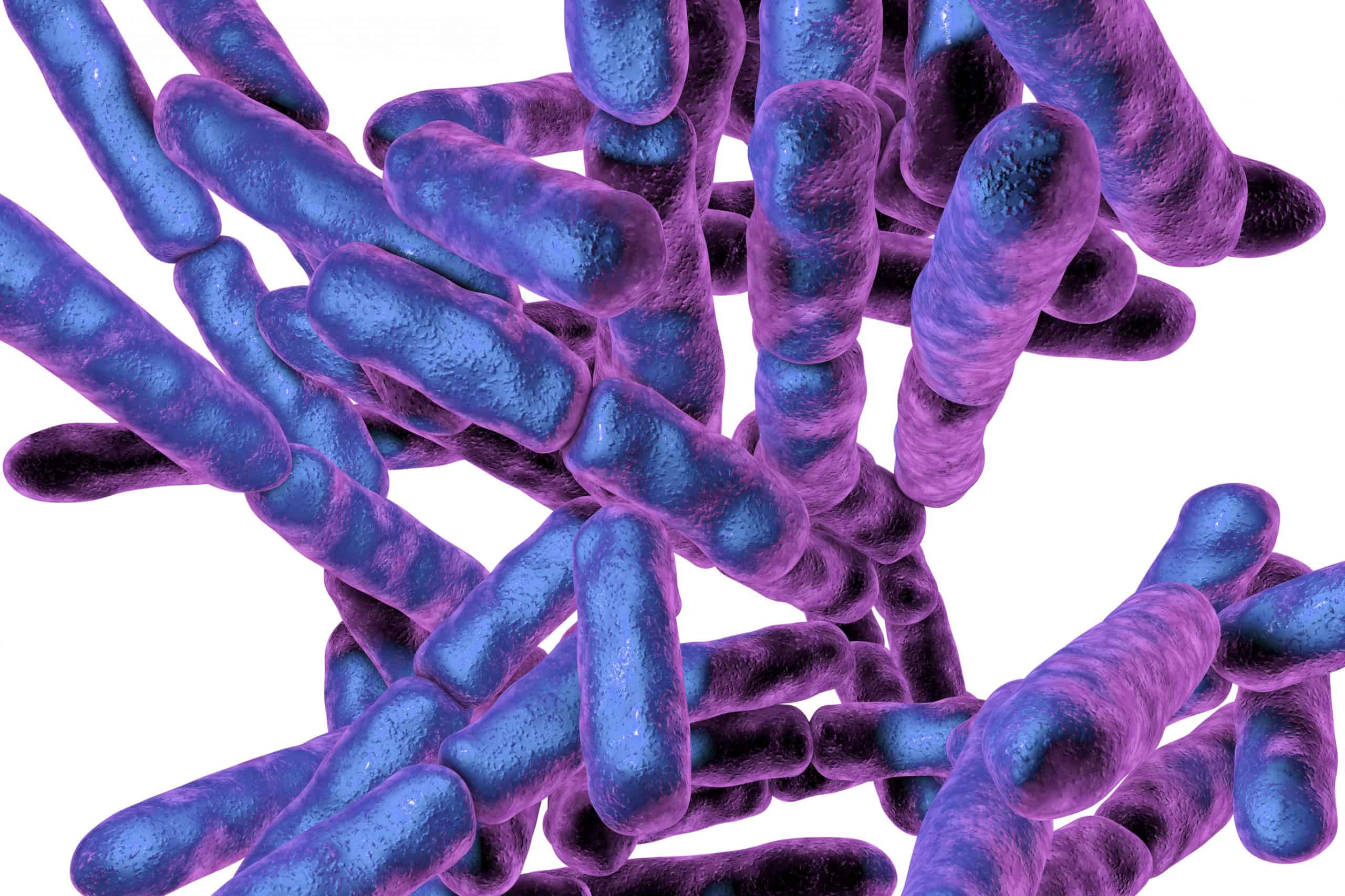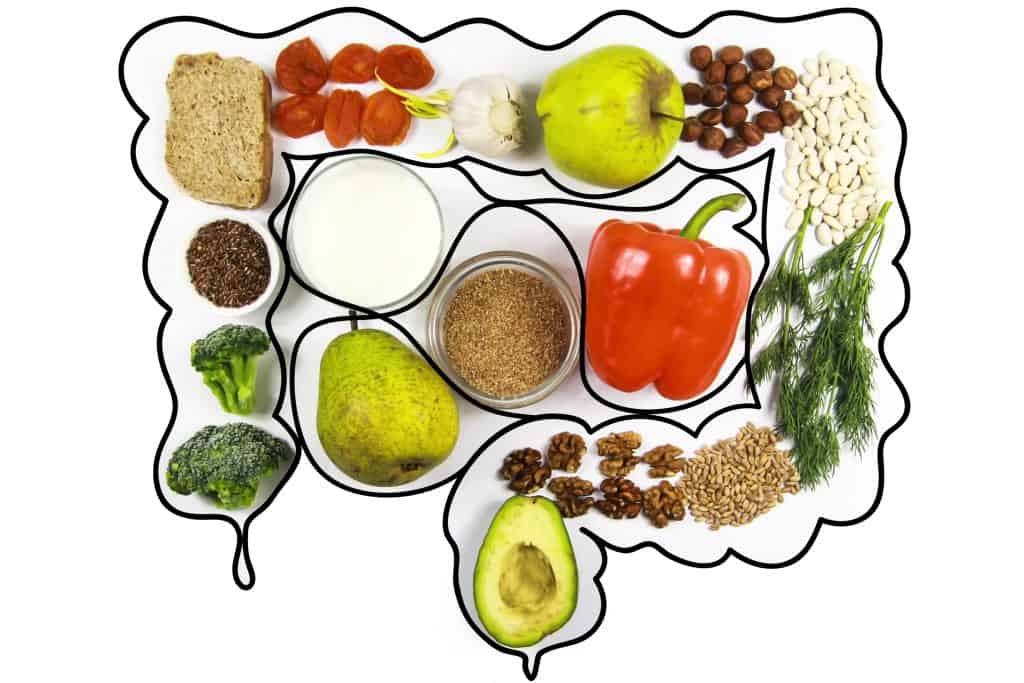What is Bifidobacteria?

As an affiliate, we may earn a commission from qualifying purchases. We get commissions for purchases made through links on this website from Amazon and other third parties.
The word “bifid” comes from Latin and means two, as Bifidobacterium are rod-shaped and have a split in their cell wall. Probiotic refers to any food or supplement containing these beneficial bacteria, which help with digestion and promote good health. In this blog post, we will explore how this probiotic works for you!
Researchers have discovered nearly 50 species of these beneficial bacteria, each of which is thought to have different functions and health benefits.
Despite their huge importance to the body, Bifidobacteria typically make up less than 10% of the bacteria in the adult gut microbiome.
What are they used for?
Bifidobacteria are commonly used for many conditions affecting the intestines, such as diarrhea in infants and kids, traveler’s diarrhea in adults, constipation, an intestinal disorder called irritable bowel syndrome, for preventing the common cold or flu, and lots of other conditions.
There is, however, no good scientific evidence to support many of these uses. Many trials are currently being carried out to establish benefits derived from their use.
Some people take bifidobacteria to restore “good bacteria” in the gut that have been killed or removed by diarrhea, radiation, chemotherapy, antibiotics, or other causes.
Bifidobacteria are also used to treat a bowel disease called ulcerative colitis, as well as a condition called pouchitis, which sometimes develops after surgery for ulcerative colitis.
Some people use Bifidobacteria to prevent a particular bowel infection called necrotizing enterocolitis in newborns.
Bifidobacteria, called probiotics, are a natural part of the bacterial flora in the human body and have a symbiotic bacteria-host relationship with humans.
How does it work?
Bifidobacteria belong to a group of bacteria called lactic acid bacteria. Lactic acid bacteria are found in fermented foods like yogurt and cheese. Bifidobacteria are used in treatment as so-called “probiotics,” the opposite of antibiotics.
They are considered “friendly” bacteria and are taken to grow and multiply in areas of the body where they normally would occur.
The human body counts on its normal bacteria to perform several jobs, including breaking down foods, helping the body take in nutrients, and preventing the take-over of “bad” bacteria.
Probiotics such as bifidobacteria are typically used in cases when a disease occurs or might occur due to a kill-off of normal bacteria.
For example, treatment with antibiotics can destroy disease-causing bacteria, but also normal bacteria in the GI (gastrointestinal) and urinary tracts.
The theory is that taking Bifidobacterium probiotics during antibiotic treatment can prevent or minimize the death of good bacteria and the take-over by bad bacteria.
B. longum promotes good digestion, boosts the immune system, and produces lactic and acetic acid that controls intestinal pH. These bacteria also inhibit the growth of Candida albicans, E. coli, and other bacteria that have more pathogenic qualities than Bifidobacteria.
Bifidobacteria helps how?
One of the main functions of this type of bacteria in humans is to digest fiber and other complex carbs your body can’t digest on its own.
Fiber has been shown to help reduce weight gain and the risk of diabetes, heart disease, and other chronic disorders. Bifidobacteria may help reduce the risk of these diseases by digesting fiber.
That’s because when they digest fiber, these beneficial bacteria produce important chemicals called short-chain fatty acids (SCFAs). These compounds play a number of important roles in gut health, and may also help control hunger.
Bifidobacteria help produces other important chemicals too, including B vitamins and healthy fatty acids.
They may also help prevent infections from other bacteria such as E. coli, in part by producing chemicals that prevent toxins from passing into the blood.
Because these bacteria are important for health, they’re often used as probiotics in supplements or certain foods. Probiotics are live microorganisms that provide a specific health benefit when consumed.
Bifidobacteria are healthy bacteria found in your intestines that help digest fiber, prevent infections and produce important healthy chemicals.
Cell Structure and Metabolism
Bifidobacterium is a Gram-positive, anaerobic, branched rod-shaped bacterium. In the intestines, they ferment sugars to produce lactic acid. The B. longum genome codes for many proteins specialized for the catabolism of oligosaccharides.
This bacterium also is able to use so-called “non-digestible” plant polymers or host-derived glycoproteins and glycoconjugates; it is thought that Bifidobacterium’s ability to compete with other gastrointestinal bacteria and occupy a large percentage in the bacterial flora of the gastrointestinal region might be partly due to the large variety of molecules that it is able to use for energy.
Bifidobacteria have a unique hexose metabolism that occurs through a phosphoketolase pathway. This pathway, called the bifid shunt, uses the key enzyme fructose-6-phosphate phosphoketolase (F6PPK) and is generally used as a diagnostic test for this Bifidobacteria because it’s not found in other gram-positive intestinal bacteria.

Ecology
While Bifidobacterium infantis, B. brevi, and B. longum are the largest group of bacteria in the intestine of infants, Bifidobacteria are said to be only the 3rd or 4th largest group in adults (and comprise only 3-6% of adult fecal flora).
The number of Bifidobacteria actually declines in the human body with age.
In infants who are breastfed, Bifidobacteria constitute about 90% of their intestinal bacteria; however, this number is lower in bottle-fed infants.
When breast-fed infants’ diets are changed to cows’ milk and solid food, Bifidobacteria are joined by rising numbers of other bacteria found in the human body such as Bacteroides and Streptococci lactobacilli.
The lower number of Bifidobacteria in formula-fed babies might account for a higher risk of diarrhea and allergies that is usually associated with babies who aren’t breastfed.
In addition, because Bifidobacteria produces lactic acid instead of gas (like E. coli), infants and people in general with more Bifidobacteria than other bacteria will have less gas and digestive problems.
There is also a significant difference in the incidence of antibiotic-associated diarrhea in the children receiving probiotic-supplemented (enriched with Bifidobacterium) formula (16%) than non-supplemented formula (31%)
Bifidobacteria are considered important probiotics and used in the food industry to relieve and treat many intestinal disorders.
Bifidobacteria exert a range of beneficial health effects, including the regulation of intestinal microbial homeostasis, the inhibition of pathogens and harmful bacteria that colonize and/or infect the gut mucosa, the modulation of local and systemic immune responses, the repression of procarcinogenic enzymatic activities within the microbiota, the production of vitamins, and the bioconversion of a number of dietary compounds into bioactive molecules.
In Conclusion
Your intestines contain trillions of bacteria that are hugely important for your health, and Bifidobacteria are one of the most important types of bacteria for lifelong well-being.
They carry out a number of important functions, including digesting the sugars in breast milk in infants and controlling the immune system and gut health in adults.
Bifidobacteria probiotics may even help treat symptoms of certain disorders, such as inflammatory bowel disease.
A quick reminder ..
Probiotics.tips aim to provide the most up-to-date information, help, and advice for YOU to make informed decisions. If you are unsure or uncertain and require more clarity, please reach out to us and we will gladly come back and advise you as best we can.
The best means to reach us is via email at info@probiotics.tips or fill out the form on our Contact Us page – click here.
Probiotics.tips
About Us
Our goal is to empower you with concise probiotic guidance for a healthier gut. With expert advice, we provide the knowledge to improve your well-being and navigate the world of probiotics efficiently, ensuring you achieve optimal gut health.
- Can You Take Probiotics While Water Fasting?
- Does Fasting Help Microbiome Diversity and Functionality?
- Does Fasting Help Your Bowels
- Does Fasting Help Probiotics? Understanding Gut Health Benefits
- Does Fasting Help the Gut: Understanding the Impact on Digestive Health
Disclaimer
As an affiliate, we may earn a commission from qualifying purchases. We get commissions for purchases made through links on this website from Amazon and other third parties.
Check these out on Amazon








